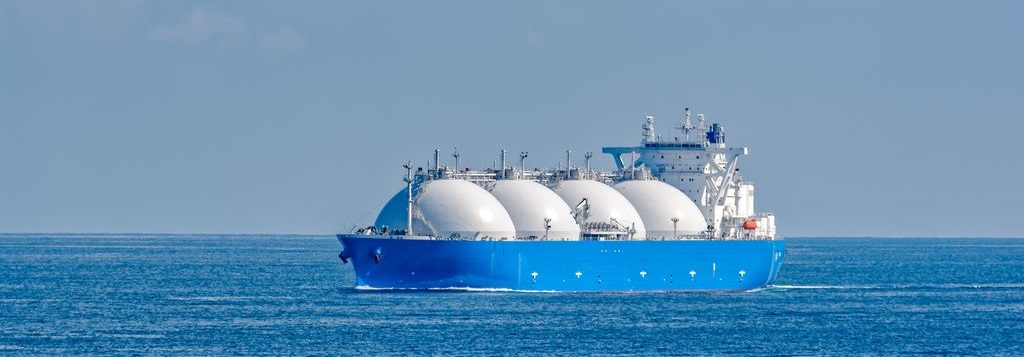The latest Al-Attiyah Foundation Research Explores how Gas, Coal and Nuclear Power compete for Global Electricity Generation
04 February 2019January 2019
For large-scale dispatchable electricity generation, coal and nuclear are the main global contenders with gas (due to constraints on hydropower). So, which energy source will triumph? asked the Al-Attiyah Foundation in their latest energy research report.
Each of these energy sources has strengths and weaknesses regarding costs, safety, public acceptability, greenhouse gas emissions and other important criteria. With standard forecasts to 2040 suggesting the stagnation or decline of coal, and only slow expansion of nuclear, gas appears well-placed to come out ahead. But this picture varies significantly by geography. In addition, technological advances could bring coal and/or nuclear forward.
The typical predictions for the global power sector see gas growing strongly, nuclear slowly and coal flat-lining or shrinking. Scenarios of strong climate action do not help nuclear much, are negative for coal and somewhat negative for gas. A strong nuclear revival is likely to be dependent on the deployment of new reactor designs; continuing major coal growth would require large-scale, low cost carbon capture and storage (CCS). Neither of these possibilities can be ruled out, but they do not appear very likely.
So, what are the implications for leading gas exporters such as Qatar?
- Gas has the opportunity to gain significant market share from ageing coal and nuclear plants if relatively inexpensive.
- Conversely, if gas is priced expensively, it will encourage countries such as China and India to develop and deploy nuclear and cleaner coal.
- The emergence of low-cost CCS still probably favours gas more than coal, though it would boost both over nuclear.
- Leading gas exporters should monitor technological progress on coal CCS and on advanced nuclear, and keep an eye on the regulatory landscape and public opinion concerning nuclear in key growth markets.
Overall, the negative outlook for coal and nuclear is quite favorable for gas. Major gas exporters like Qatar can and should gain market share as old coal and nuclear plants in North America and Europe are closed down. At the same time, coal is set to stagnate in the main emerging Asian economies, and nuclear to grow, but not dramatically.
However, this line of development does rely on gas being perceived as a secure, relatively affordable and accessible fuel. If gas is price expensively, China, India and other major Asian states will rely more on coal, and are likely to deploy more nuclear power too. To avoid major surprises, leading gas exporters should monitor the technological, regulatory and public opinion landscape for advanced nuclear and coal CCS in the key markets: North America, Europe, China, Russia and India.
The full report can be downloaded from the Al-Attiyah Foundation’s website www.abhafoundation.org/insights/energy. The Foundation is committed to provide expert analysis and up-to-date insights on serious global, regional and country-specific challenges and opportunities on energy and sustainable development themes. The themes are explored through its publications including the Weekly Energy News, Monthly Sustainability Digest and the Energy Research Series. The best global experts are also invited to share their opinions with members and partners during Foundation’s quarterly CEO Round-table Series and bespoke events. The outputs are used to educate and influence change.
